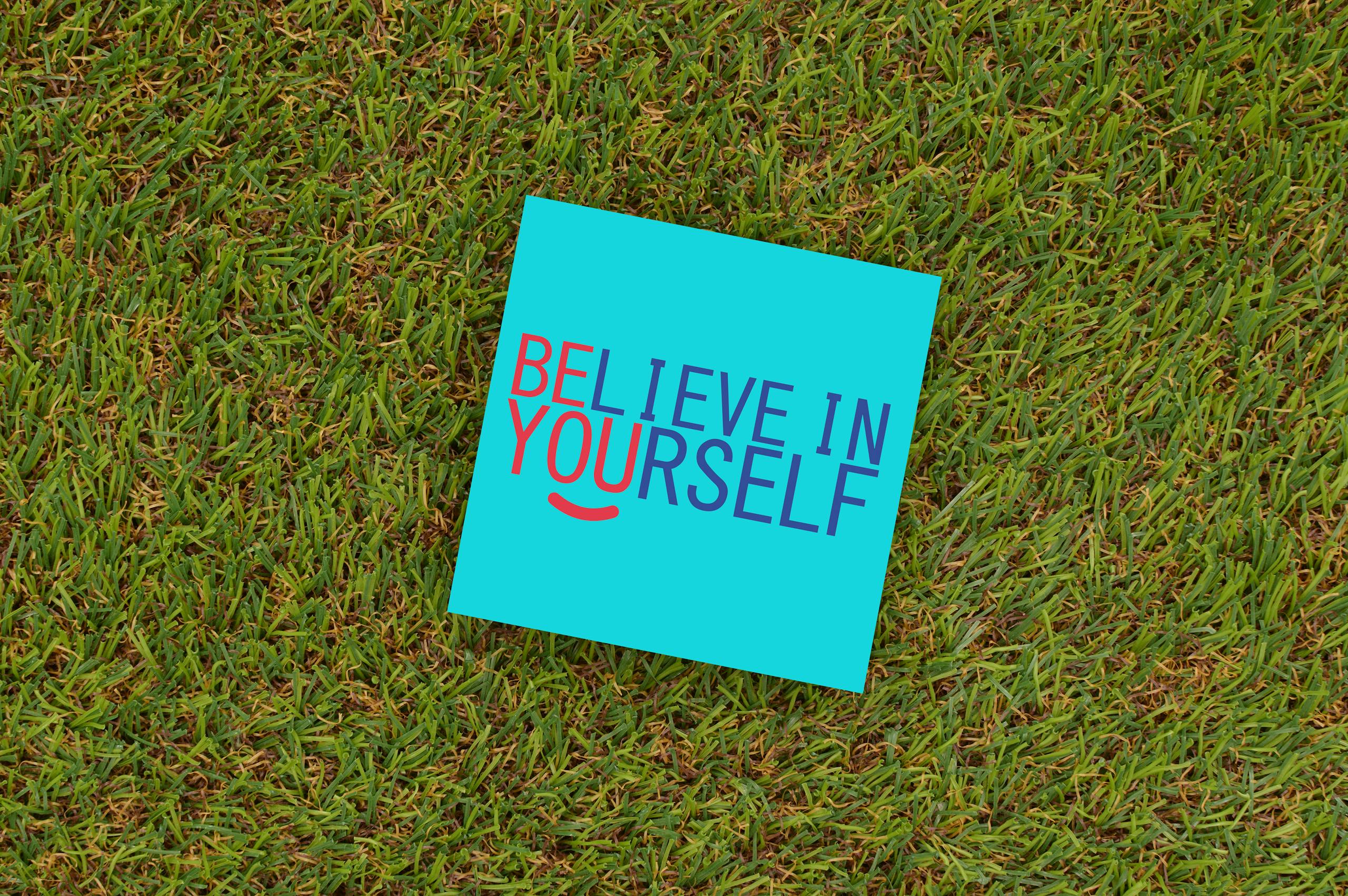Self Discipline: A Simple Guide for 2025
Self-discipline is the cornerstone of personal and professional success, enabling individuals to pursue long-term goals despite challenges and temptations. This comprehensive guide delves into the essence of self-discipline, its significance, and practical strategies to cultivate it effectively.
Understanding Self-Discipline
Self-discipline involves the ability to control one’s emotions, behaviors, and desires to achieve a greater goal. It requires a conscious effort to resist short-term gratifications in favor of long-term achievements. This skill is not innate but can be developed through consistent practice and mindful strategies.
The Importance of Self-Discipline
Cultivating self-discipline offers numerous benefits:
Better Decision-Making: A disciplined mind evaluates options thoroughly, leading to wiser choices.
Enhanced Productivity: Prioritsing tasks and minimsing procrastination lead to efficient goal attainment.
Improved Mental Health: Structured routines and goal achievement boost self-esteem and reduce stress.

Practical Strategies to Develop Self-Discipline
Set Clear, Achievable Goals
Define specific, measurable, attainable, relevant, and time-bound (SMART) goals. Clear objectives provide direction and motivation.
- Understand and Manage Your Weaknesses
Identify personal vulnerabilities and develop strategies to mitigate them. For instance, if digital distractions hinder productivity, consider using website blockers during work hours. - Remove Temptations
Alter your environment to minimize distractions. Keeping unhealthy snacks out of the house or designating specific times for checking social media can help maintain focus on your goals. - Implement Daily Routines
Establishing consistent habits reduces reliance on willpower. Regular schedules for exercise, work, and relaxation create a balanced lifestyle conducive to self-discipline. - Practice Mindfulness
Mindfulness techniques, such as meditation, enhance awareness of impulses, allowing for better control over reactions and fostering a disciplined mindset. - Seek Accountability
Share your goals with trusted friends or mentors who can provide support and hold you accountable, increasing commitment to your objectives. - Reward Progress
Acknowledge and celebrate small achievements. Positive reinforcement encourages continued effort and reinforces disciplined behaviors.
Overcoming Common Challenges.
- Procrastination: Break tasks into smaller, manageable parts and set short deadlines to maintain momentum.
- Lack of Motivation: Revisit your goals regularly to remind yourself of the underlying purpose and benefits of your efforts.
- Setbacks: View failures as learning opportunities. Analyze what went wrong, adjust your strategies, and persist with renewed determination.
Conclusion
Developing self-discipline is a continuous journey requiring patience, practice, and perseverance. By implementing these strategies and maintaining a positive mindset, you can enhance your self-control, achieve your goals, and lead a more fulfilling life.
Start a conversation with a stranger.
Call to Action
Begin your journey toward greater self-discipline today by selecting one strategy from this guide to implement. Commit to practicing it consistently for the next 30 days and observe the positive changes it brings to your life.
Note: This guide is based on insights from various sources, including Zen Habits, Forbes, and Calm.
No posts




